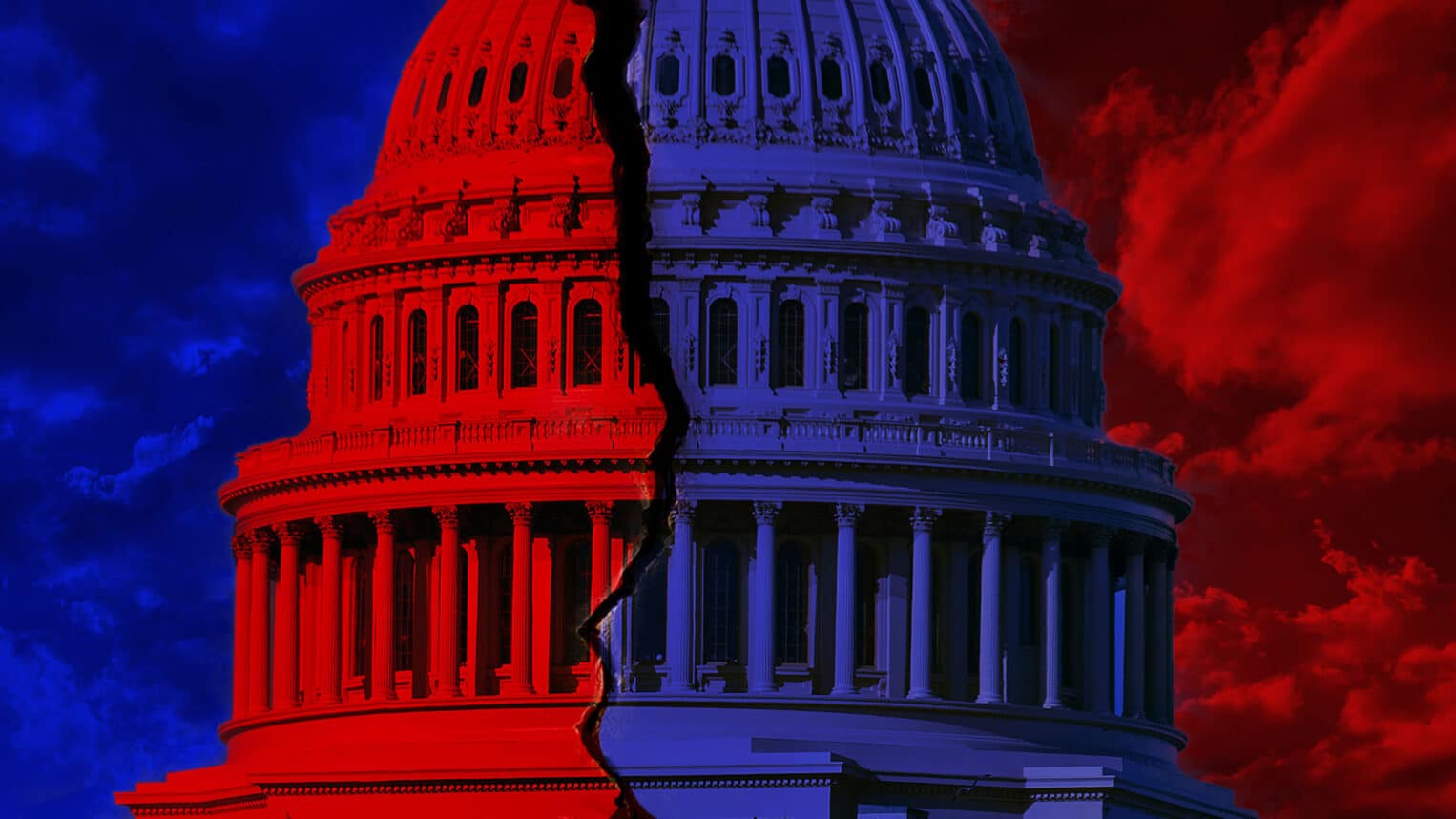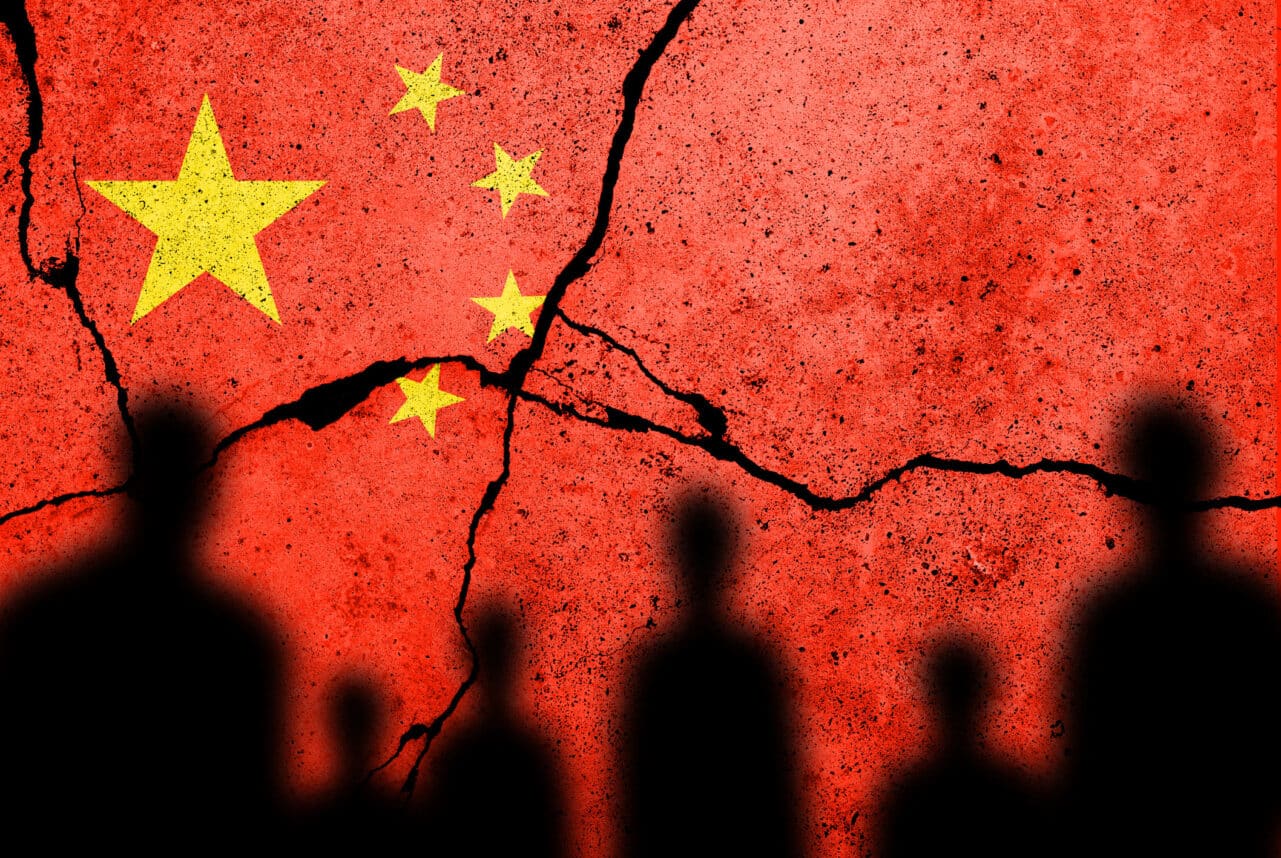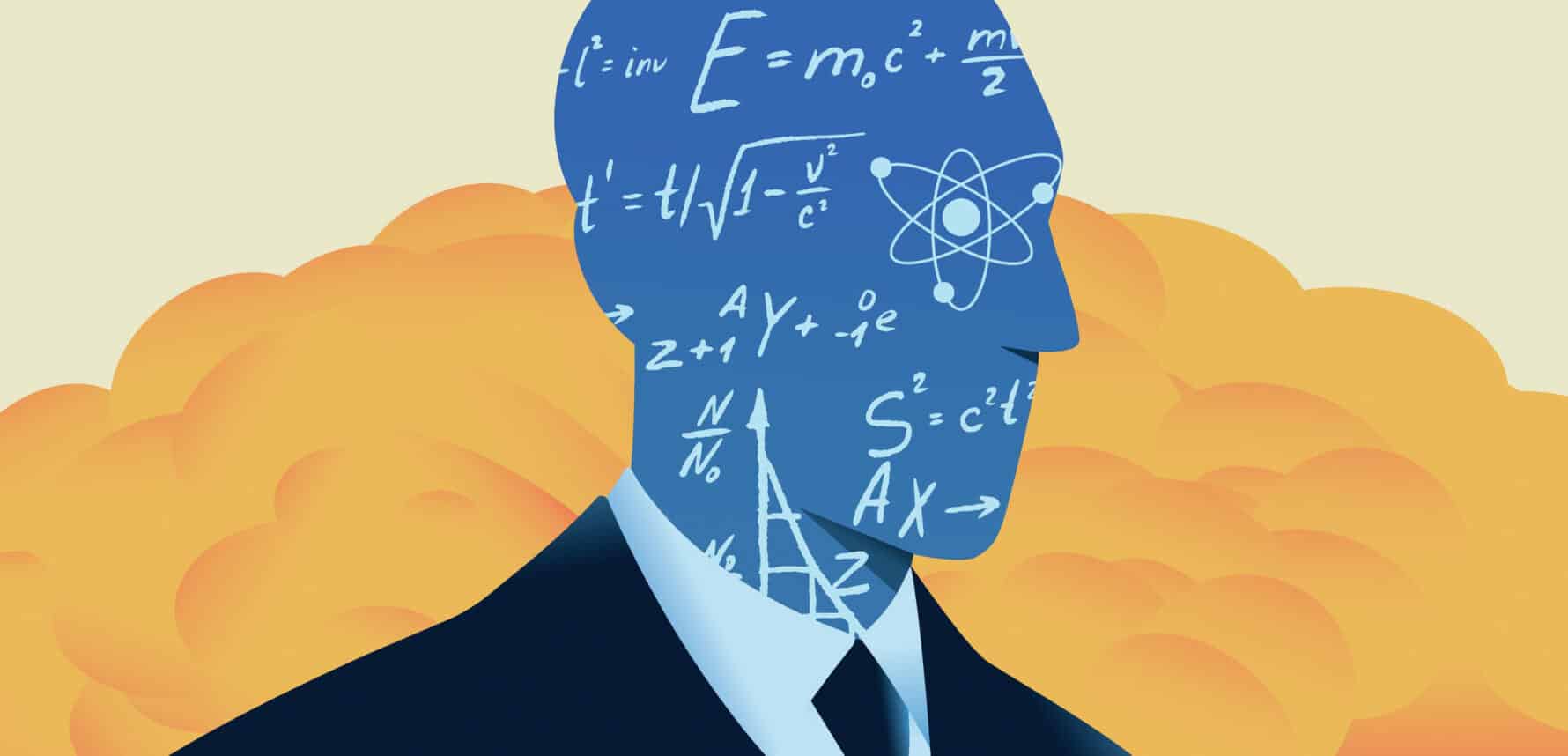 Amir Levy/Getty Images
Amir Levy/Getty Images
In his farewell address in January 1953, President Harry Truman referred to his famous “the buck stops here” motto when he said: “The President — whoever he is — has to decide. He can’t pass the buck to anybody. No one else can do the deciding for him. That’s his job.”
That was a homespun way of saying that the leader of a country is ultimately responsible for what happens under his leadership. The buck stops at the top. When President Joe Biden decided to make a rushed withdrawal of U.S. troops from Afghanistan, he had only himself to blame for the violent breakdown that followed.
The flip side to power is the burden of responsibility.
Prime Minister Benjamin Netanyahu is feeling that burden right now. To regain the power he craved, he had to make deals with extremist partners. Then, by allowing a radical and divisive judicial overhaul to move forward, he triggered unprecedented civil turmoil. No matter how much he tries to deflect blame, the hard truth is that he’s the only man in Israel who can prevent a looming disaster.
There comes a point when preventing a disaster must take precedence over other priorities. Israel has reached that point. It doesn’t matter if you are for or against the judicial reforms—nothing can justify watching Israeli society tear itself apart. It’s like parents watching their kids in a horrible fight. Regardless of who’s right or wrong, one wants to scream: Stop!
It doesn’t matter if you are for or against the judicial reforms — nothing can justify watching Israeli society tear itself apart.
Bibi is watching his nation in a horrible crisis and allowing it to continue. He hears President Isaac Herzog calling the situation a “shocking and dangerous reality” and a “blunder of historic proportions” where families and friends are being “torn apart.”
He sees hundreds of thousands of his fellow Israelis protesting for 28 straight weeks with fire in their veins and anguish in their hearts.
He knows if the divisive overhaul proceeds, the turmoil will only get worse. And, perhaps most disappointing of all, he knows that the protestors have a point.
Before getting embroiled in a criminal trial and partnering with extremists, Bibi understood the value of an independent court system, which his current overhaul is trying to undermine.
“I believe that a strong, independent court allows for the existence of all other institutions in a democracy,” he said in a 2012 address. “In places with no strong and independent court system, rights cannot be protected.”
Bibi is hoping we will overlook his past statements and talk about anything but his overhaul. To avoid being held accountable for the civic meltdown happening under his watch, he’d much rather we talk about the excesses of the protestors. He’s hoping we’ll get distracted by the argument that the protests are “not about the reforms.”
Well, for me and many others, the protests are about the reforms. They are about his coalition’s blatant attempt to neuter court oversight.
No wonder his coalition is proceeding with such cold-blooded efficiency — they’re salivating at the prospect of being free to impose their will. Annex territories? Inject even more money into Haredi communities that refuse to work or defend the country? Name political cronies and criminals to positions of power? The extremists know that with a neutered Supreme Court, virtually nothing can stop them.
Instead of forging reasonable reforms with a broad consensus, Bibi’s 64-seat coalition is going for maximum power. Even the architect of the reforms himself, Justice Minister Yariv Levin, recognized the overreach. As Times of Israel reported in April, Levin conceded that a key piece of his legislation would enable his coalition to “exercise control over all three branches of government,” which he admitted is “unacceptable in a democratic country.”
But none of this will stop them. Going for a more piecemeal approach, the coalition is now set to ram through a highly contentious bill that would scrap the use of the “reasonableness” test by the judiciary to review dubious decisions made by elected officials.
If the bill goes through, Bibi will see his country nearing the breaking point. It doesn’t really matter that President Herzog is calling for negotiations with the opposition to resume, and that he believes compromise is within reach. What matters most to Bibi is that he can’t afford to upset his extremist partners if he wants to stay in power.
This power, however, comes with a high price — the price of being held responsible. The turmoil that has forever tainted Israel’s 75th year as well as Bibi’s own legacy belongs to him and to no one else.
How bad must things get before Bibi says “enough” and brings his country back from the brink? He knows that the buck stops with him, and the burden of preventing a disaster is squarely on his shoulders.





















 More news and opinions than at a Shabbat dinner, right in your inbox.
More news and opinions than at a Shabbat dinner, right in your inbox.